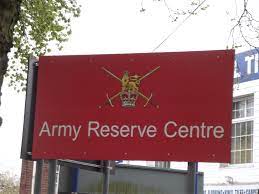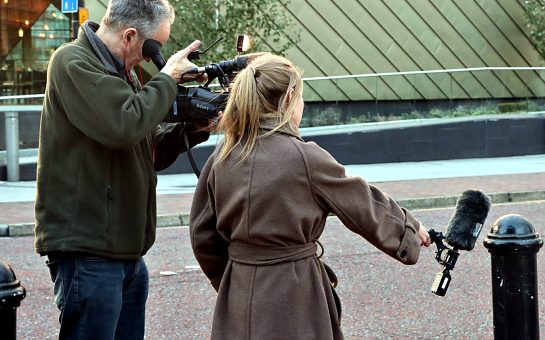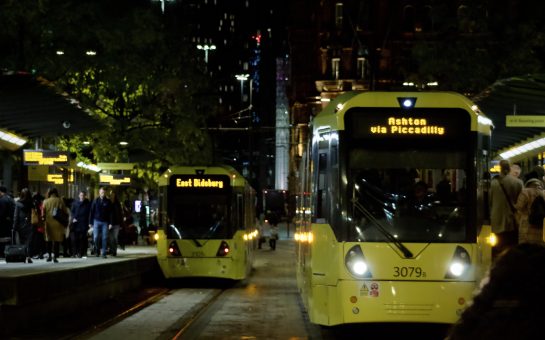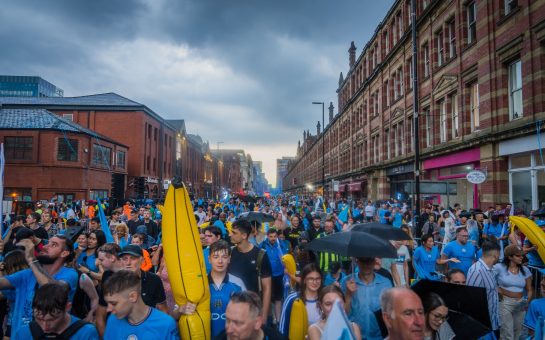Announcing plans for Armed Forces Day last month, Prime-Minister Boris Johnson agreed to ‘pull out all the stops on land sea and air’ make this year’s event a truly spectacular affair.
Host city Scarborough hopes to make up for lost time with the return of the commemorative showpiece this June.
Although no formal tribute took place during 2021 due to the Coronavirus Pandemic, Johnson recorded a message commending all staff ‘whether full time or reserve’ as ‘the most dedicated armed service personel you’ll find anywhere in the world’.
But behind these very public proclamations of praise, there are doubts as to whether recruits who work in the reserve ranks are rewarded with the same regard in reality.
Manchester’s Carlo Brown, 27, signed up to work in the Regiment 162 RLC Unit in 2014.
He tells me: “I didn’t want to commit to the service full time as I had other avenues I wanted to explore first, but then an idea about the reserve forces came to mind. This would give me the ability to work within the military part-time while allowing me to follow other avenues at the same time.”
However, it soon became apparent that he wasn’t always guaranteed work, and when he did travel to the unit for reserve shifts, hours were sometimes cut at short notice.
This meant that he would occasionally not receive a full day’s wage for his efforts to travel to the unit.
Information obtained from the Ministry of Defence discovered that recruits completing initial training are paid a daily rate of £40.13, with this rising to £51.22 per day for Privates and £68.61 for Lance Corporals.
However, if a soldier does not register at least an eight hour shift, then this is either processed as a half or quarter day, meaning that these rates are divided by two or four respectably.
Brown explains that this pay system is an under-reported phenomenon, but it ultimately acts as a barrier to reserve unit recruitment: “Popular opinion within the ranks of my fellow reservists was that many would avoid working with the reserves when a half or quarters day’s pay was presented, this was easier for reservists that lived close to the unit, but ultimately an inconvenience to those who lived afar and had to travel a great distance.”

Figures from the Ministry’s of Defence’s Quarterly Service Personnel Statistics, last published in October 2021 records that there are currently 37,070 reserve soldiers serving in the British army, a 0.1% increase on 2020’s number of 37,020.
Brown, who has started his own petition to raise awareness of the issue, insists he still enjoys the benefits of serving in the forces, but is frustrated by the pay system:
“I would recommend the reserves to anyone able-bodied. It packs a load of benefits filled with experiences, friends and travel. However, the pay is less than favourable for lower-ranked reservists as compared to our civilian counterparts, falling far behind the current national minimum wage. This obviously casts a shadow upon the positive benefits.”
Current minimum wage levels are £8.91 for over 23 year old’s, but those still classed as an ‘apprentice’, can be paid £4.30 an hour, irrespective of age.
Vowing to continue his studies in Creative Writing whilst promoting his campaign, Brown contemplates: “I personally have never raised this issue within the ranks of the army as I believe it is a question well above the reach of my current rank. I hope to raise awareness of this issue through other means, outside of my uniform.”
The Ministry of Defence were contacted by MM for comment but have so far not provided a response.



